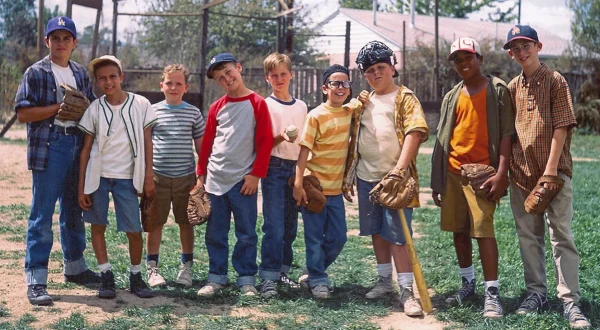The Real Deal: Martin Luther King Jr, and His Legacy
As I write this article on the 18 of January, the third Monday of every year, we celebrate the life and ideas of Dr. Martin Luther King Jr. I feel compelled to dedicate this article to who he was and what he stood for, but also to why our current perception of him is an incomplete one. His story has been simplified too much. In making a martyr of Dr. King, we have assumed his work to be finished and his legacy cemented. I urge you to not be fooled by old photos. His death is still recent history, with many figures from the Civil Rights Era still alive today. Dr King’s work is still not over.
Our perception of King is often simplistic in the sense that we see him push against segregation, and oversee the march on Washington. There he delivered his “I have a dream” speech, and his success culminated in the Civil and Voter Rights Acts. Our perception then fast forwards to his assassination, and then ends right there. What we forget is that Dr. King was also striving to hit hard for the working poor and against the American Imperialism of the Vietnam war. He would speak heavily on the three evils he deemed to hold society back, those of “racism, poverty, and militarism”.
King’s forgotten speech entitled “Beyond Vietnam”, denounced his former allies in the Johnson administration, claiming that the violence perpetrated was immoral and that it would only contribute to further poverty back home. He denounced President Johnson’s decision to enter the war, as he would claim it would lead the ‘War on Poverty’ program to ruin as it would divert resources away from programs to tackle poverty. This claim lost him many supporters, particularly those he had in government. Yet one can only listen in shame and regret as he would go on to say “The bombs in Vietnam explode at home; they destroy the hopes and possibilities for a decent America.”
In his final year on earth, Dr King was not the broadly admired man he once was. He still fought for the working poor, and was hoping to create another march on Washington that he called the Poor People’s Campaign. He aimed to form a coalition to advocate for the expansion of anti-poverty programs. Before he could take action, he was murdered.
The reason why it is important for us to recognize this side of Dr. King is to show that even when he lost the support of followers and influential figures he did not give up. He still moved with the same goal of justice for those who suffered. He wasn’t only going to talk about the overt crimes of racism and segregation. He wanted to bring to light to the plight of the poor and to the American obsession for violence and warfare. Such incorruptible dedication is why we still have much to learn from him.
So look at today and ask if his work is accomplished. Not only are we still dealing with the presence of racism in the 21st century, but we are still prone to blame the poor for being poor and turning to violence in the face of all global conflict. Today you have presidential candidates and elected officials demanding for the carpet bombing of the middle east, the denouncement of welfare recipients moochers, and people who systematically deny the impacts of the drug war on low income and minority communities. As long as this persists, Dr King’s fight is not over. Our generation will have to pick up the torch.






